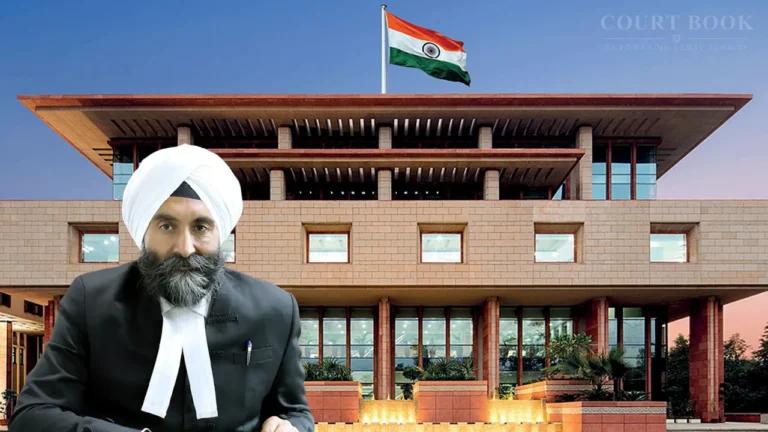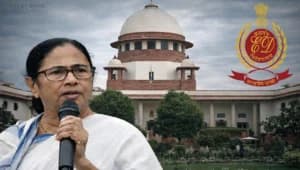In a ruling that may impact several highway contracts across the country, the Delhi High Court on Friday dismissed a plea by KNR Tirumala Infra Pvt. Ltd., which had sought to appoint its own arbitrator outside the panel maintained by the Society for Affordable Redressal of Disputes (SAROD). The company is in dispute with the National Highways Authority of India (NHAI) over claims worth more than ₹200 crore linked to a six-laning project in Andhra Pradesh.
Background
The dispute arose from the Bharatmala Pariyojana project for expanding NH-140 from Chittoor to Mallavaram. KNR Tirumala Infra had secured the contract in 2018 under the Hybrid Annuity Mode. Problems in execution and unpaid bills led the company to invoke arbitration in May 2024, nominating former Gujarat bureaucrat Subhas I. Patel as its arbitrator.
NHAI objected immediately, pointing to the arbitration clause in the agreement which mandated arbitration under SAROD Rules. As per these rules, both parties must pick their nominee arbitrators from SAROD's approved panel.
KNR Infra insisted that since it was not a member of SAROD, it was not bound by that restriction. The company cited an earlier Delhi High Court ruling in Rani Constructions v. Union of India to argue that forcing a contractor into SAROD's empanelment would unfairly limit its rights.
Read also:- Supreme Court to Take Up 100+ Chamber Matters This Week, Including Major Corporate and Family Disputes
Court's Observations
Justice Jasmeet Singh, after reserving Judgment in May, delivered the verdict on August 29. The bench went point by point over the submissions.
The Court noted that SAROD had already amended its rules in December 2024 to allow non-members to initiate arbitration without mandatory membership. Hence, KNR's argument on membership had "lost all force."
On the claim that SAROD's panel was narrow and tilted in favour of NHAI, the Court firmly disagreed. Referring to the latest empanelled list, the judge observed that the panel includes
"As many as 92 arbitrators, including former Supreme Court and High Court judges, retired secretaries to the Government of India, members of statutory commissions, senior engineers, and other professionals."
Read also:- Rajasthan High Court directs State to consider teachers’ representation on salary and increment benefits
The bench observed,
"The petitioner's contention that its autonomy is curtailed by being confined to the SAROD panel is without merit. Once parties have agreed to institutional arbitration, they cannot selectively apply rules that suit them."
The Court also distinguished the case from the Supreme Court's ruling in the CORE case, where contractors were restricted to a panel curated directly by the Railways. Unlike that scenario, SAROD's panel, the judge said, was independent, diverse, and not under NHAI’s deep control.
Decision
In the end, the Court dismissed KNR Tirumala Infra's petition under Section 11(6) of the Arbitration Act. It ruled that the company must appoint its nominee arbitrator strictly from SAROD's panel. Only then can the two nominee arbitrators select a presiding arbitrator, also from the same panel.
"The petition is dismissed, giving liberty to the petitioner to nominate its Arbitrator from the panel maintained by SAROD," Justice Singh ordered.
With this, the Delhi High Court reaffirmed the primacy of institutional arbitration rules and signalled that contractors in government projects cannot bypass agreed frameworks, even if they believe their options are limited.
Case Title:- M/s. KNR Tirumala Infra Pvt. Ltd. v. National Highways Authority of India
Case No.:- ARB. P. No. 1733 of 2024















